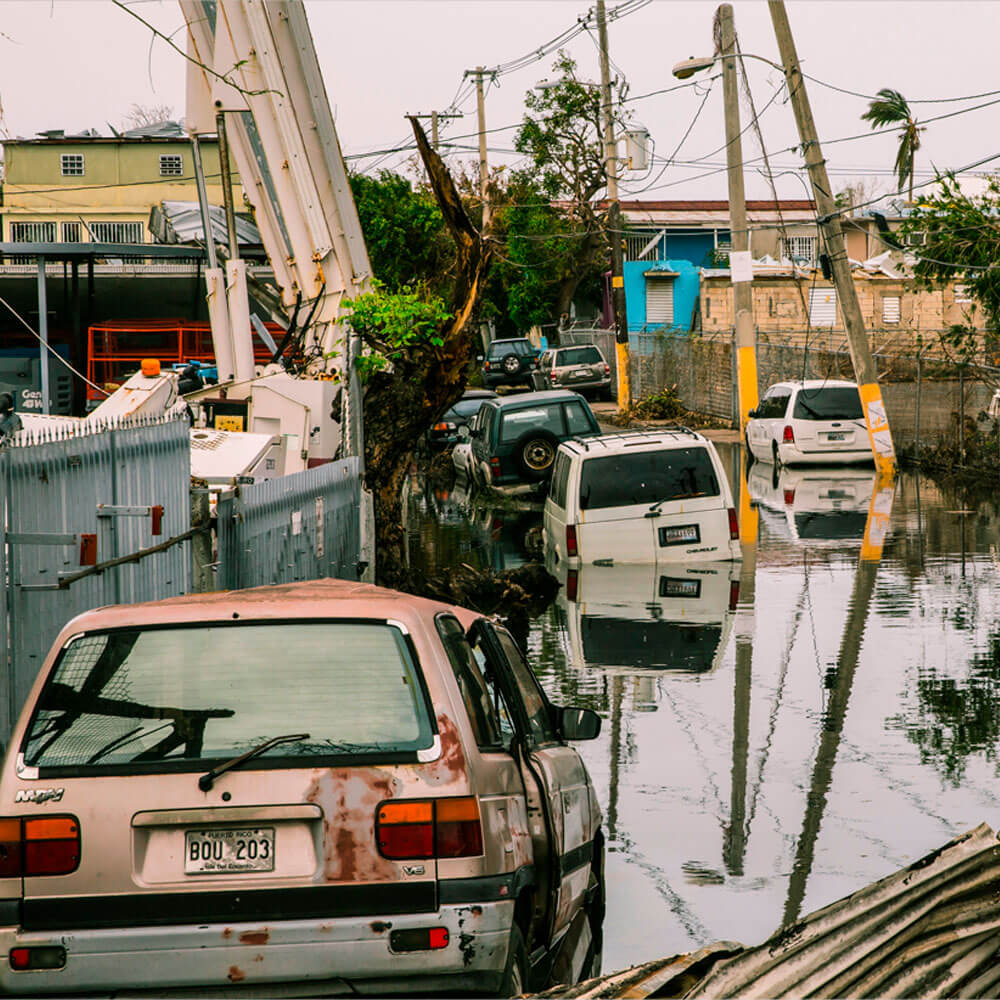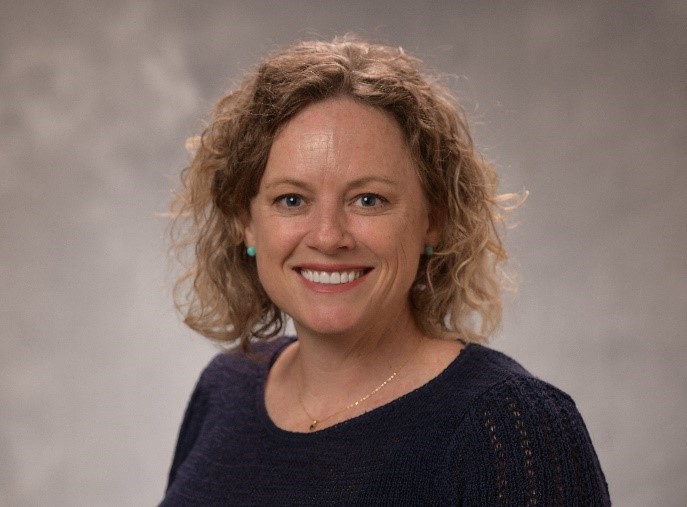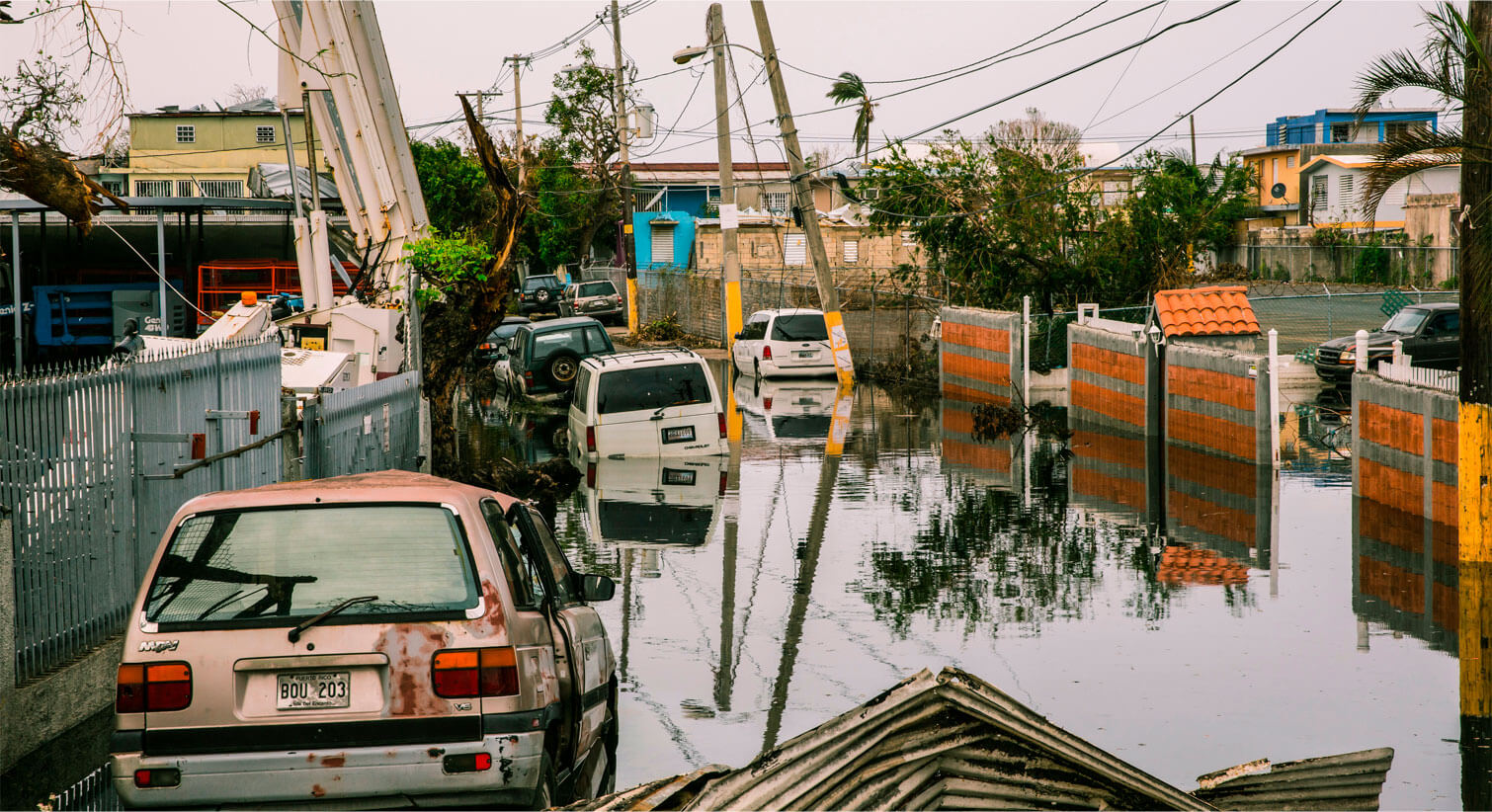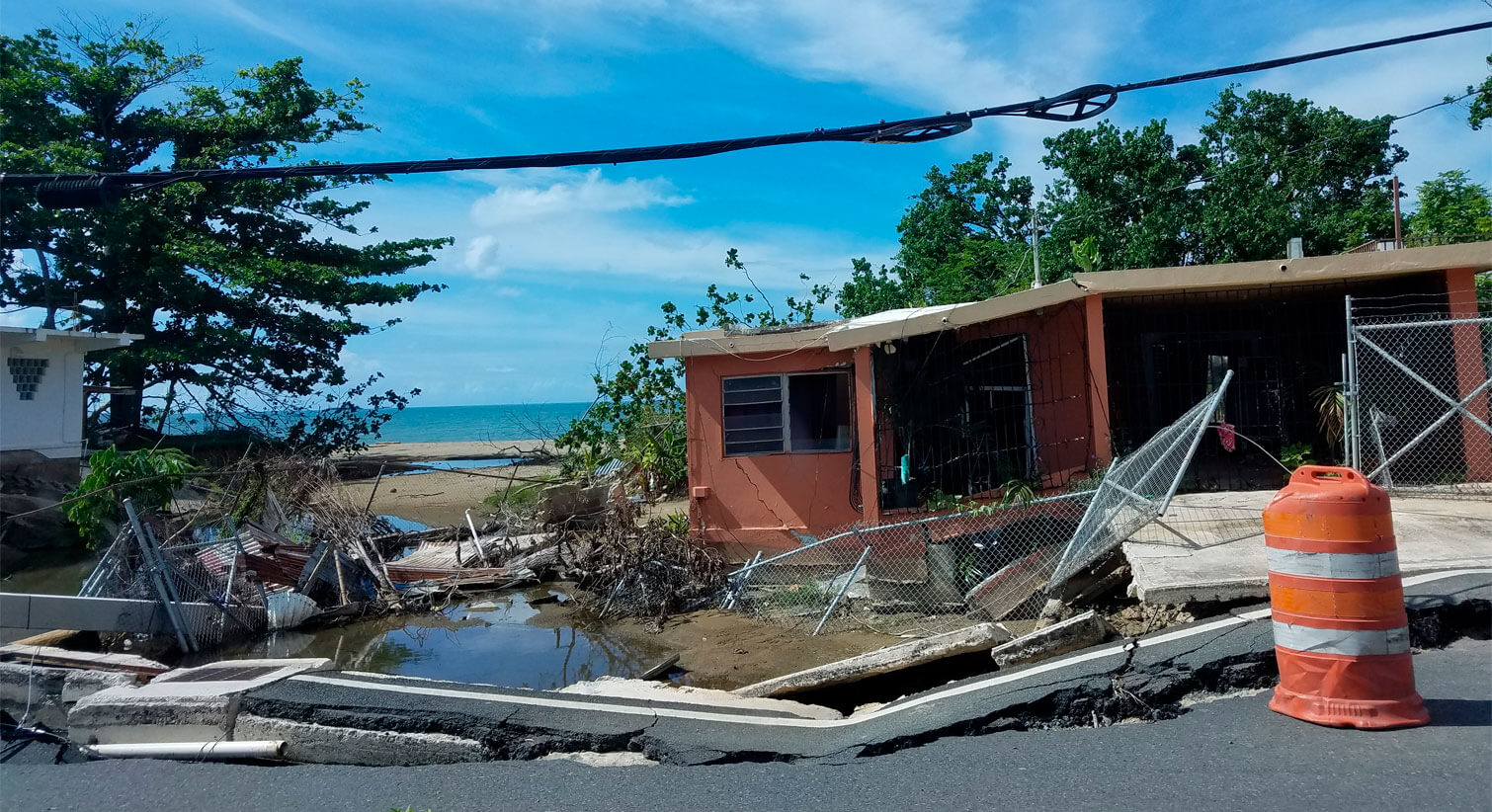
The impact of atmospheric events on access to health services
the impact of atmospheric events on access to health services

Recent hurricanes, wildfires and now the COVID-19 pandemic have pushed the disaster response systems to its limit. To talk about this topic, we interviewed Sue Anne Bell, PhD, FNP-BC, FAAN and Assistant Professor at the University of Michigan School of Nursing, where her research, supported by the National Institutes of Health, focuses on the health and well-being of aging populations in the context of disasters and public health emergencies.
She will present the conference ‘A Health Policy Hurricane: Promoting Healthy Aging in a Changing Climate’ at the MSO Symposium 2022.

¿In Which ways the climate change is contributing to multiple detrimental effects on the health of older adults and their communities?
Older age itself does not necessarily mean an individual will be more at risk to the advancing effects of climate change. Social isolation, frailty, chronic and comorbid diseases, and cognitive impairments such as dementia—all issues common among older adults—do, however. These become more challenging to address during weather and climate-related events, such as extreme heat, which is linked to more deaths than any other type of weather event. Current estimates put 85% of US older adults as having one or more chronic diseases, most of which require regular and supportive health care. When a community is affected by a disaster, the loss of critical infrastructure that community has affects health care services as well. Older adults depend on functioning communities to stay healthy.
¿What are the policy and scientific needs around aging and disaster: mitigation, preparedness, response and recovery? What strategies are being promoted to deal with this situation?
Change needs to happen at the individual level, the community level and the policy level—and although change takes time, more action is needed now. For individuals, opportunities for intervention need to focus on taking action—as in being prepared—BEFORE disasters happen and BEFORE healthcare needs become urgent. We need to be talking with our patients about climate change, and about disasters and their health. This should be a part of patient visits, especially with those who have chronic conditions, those who rely on caregivers or those who use electrically dependent equipment. Community level action is important as well—mitigation activities like strengthing community organizations and building social networks, so that communities are well-connected and ready to support each other in the event of a disaster. Finally, we need policy action on climate and health urgently. The Inflation Reduction Act of 2022 is one example that has specific impact for Puerto Rico. Beyond this, specific needs that are urgent include clear recognition by policymakers at all levels of government of the climate emergency, an emphasis on emergency management reform, and a greater focus- -including funding–for supportive health care specific to older adults.

¿What are the policy and scientific needs around aging and disaster: mitigation, preparedness, response and recovery? What strategies are being promoted to deal with this situation?
Change needs to happen at the individual level, the community level and the policy level—and although change takes time, more action is needed now. For individuals, opportunities for intervention need to focus on taking action—as in being prepared—BEFORE disasters happen and BEFORE healthcare needs become urgent. We need to be talking with our patients about climate change, and about disasters and their health. This should be a part of patient visits, especially with those who have chronic conditions, those who rely on caregivers or those who use electrically dependent equipment. Community level action is important as well—mitigation activities like strengthing community organizations and building social networks, so that communities are well-connected and ready to support each other in the event of a disaster. Finally, we need policy action on climate and health urgently. The Inflation Reduction Act of 2022 is one example that has specific impact for Puerto Rico. Beyond this, specific needs that are urgent include clear recognition by policymakers at all levels of government of the climate emergency, an emphasis on emergency management reform, and a greater focus- -including funding–for supportive health care specific to older adults.
Categorizado en: Blog
Esta entrada fue escrita porSantiago










Los comentarios están cerrados.